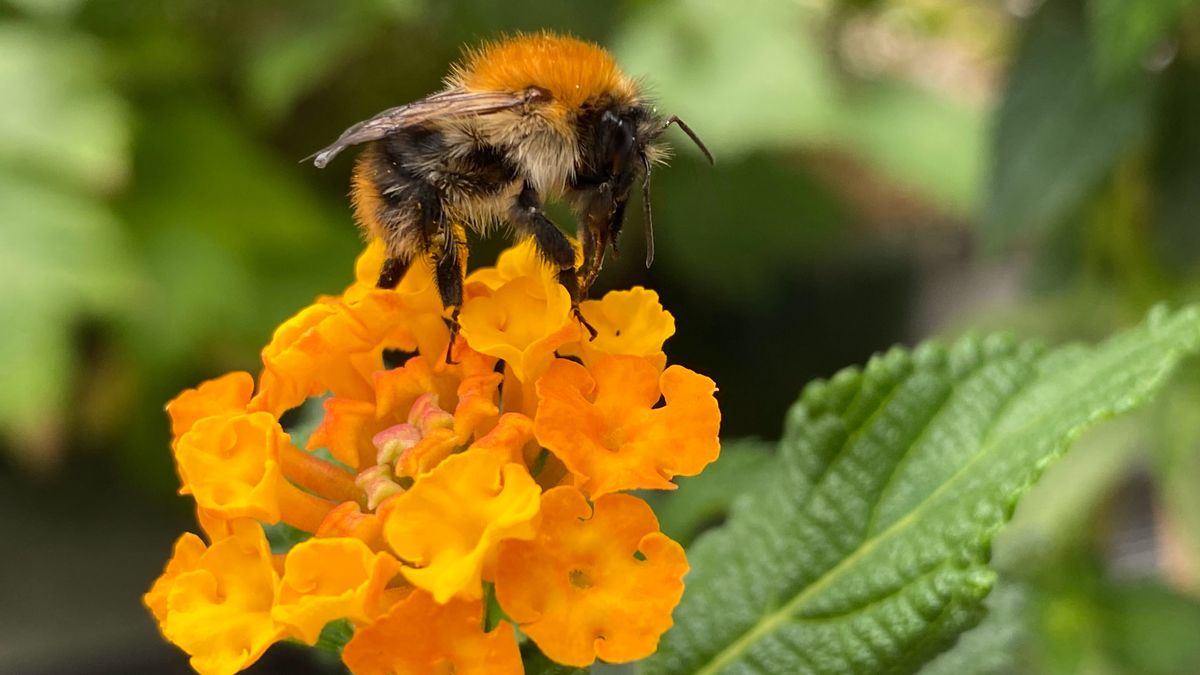JAKARTA - The number of wild bee species is known to have decreased drastically in the last thirty years. This is based on the latest study reports.
Based on the records of the Global Biodiversity Information Facility bees, the number of bee species reported in 2006-2015 was 25 percent less than in the 1990s.
Study author and researcher at the Argentine Technical and Scientific Research Council Eduardo Enrique Zattara revealed that in 2018 he realized that the global population of bee species could be tracked using online data.
The research team began looking for possible explanations for why so many bees were missing. Zattara first looked at why the data could be artificially low, meaning that they might not accurately reflect the number of bee species.
One hypothesis, however, is that fewer people report bee species, which means less data is entered into the system. Bee trackers may also only report known bee species because rarer ones are becoming more difficult to find or identify.

"We analyzed some of these alternative reasons, but could not find any reason that could explain the large decline in the number of species reported," Zattara said, reported CNN.
With the decline in plant and animal populations on the planet, including honey bees, the decline in bee diversity is the most likely cause of the decline in the number of reported species, he said.
Zattara said the climate crisis might force bees out of their native climate zones. This has the potential to expose the bees to the threat of extreme weather changes.
In addition, he continued, invasive bee species could also be the cause of the decline in bee species in the world. This is because when they enter a new area, they kill the real bees.
"Going forward, we want to study cases where foreign bees were introduced in Patagonia, so that he can research how to reverse the damage. Our insights can then be applied to prevent or reverse the decline in wild bee populations in other parts of the world," he said.
Separately, a researcher at the Global Biosocial Complexity Initiative at Arizona State University Kristen Shoshana Traynor said that one of the causes of the significant decline in the number of bee species is due to habitat loss and the climate crisis.

In fact, the reduction in bee species can also affect the food consumed by humans. Wild bees are known to be 'responsible' for pollinating 85 percent of the world's plants, according to research published Friday in the journal One Earth.
Traynor said that many foods that people like, such as avocados and nuts, depend on pollination by bees.
Plants have difficulty transferring pollen which is the male part of the plant to the female part, so that the plant can be fertilized and reproduce. Traynor calls bees 'sex plants with wings', because they are good at pollinating plants.
If there is a decline in the population of wild bees, it will be more difficult for the plants to reproduce.
"When bees disappear, so do the animals that depend on them and the plants they pollinate," said Traynor.
The English, Chinese, Japanese, Arabic, and French versions are automatically generated by the AI. So there may still be inaccuracies in translating, please always see Indonesian as our main language. (system supported by DigitalSiber.id)













